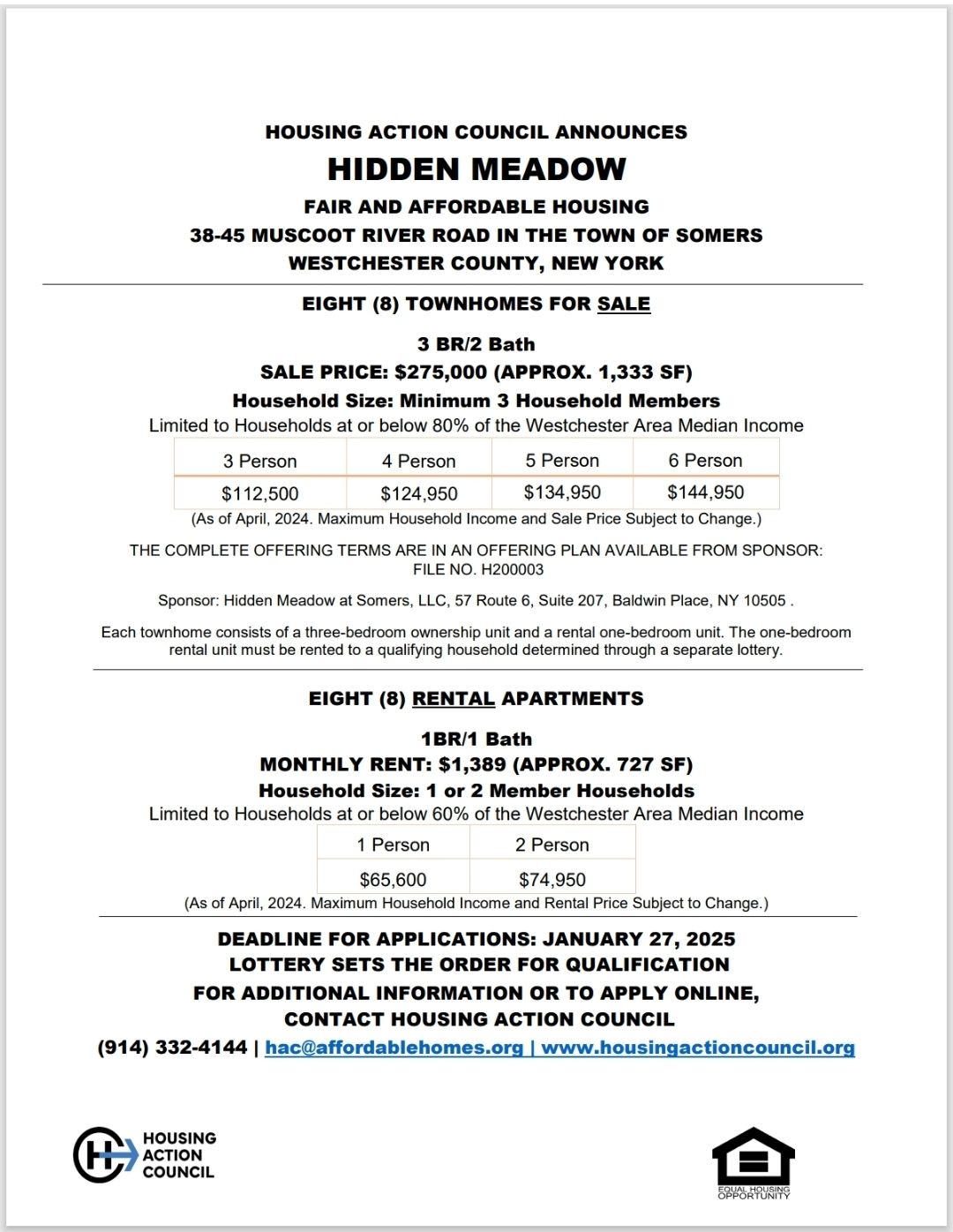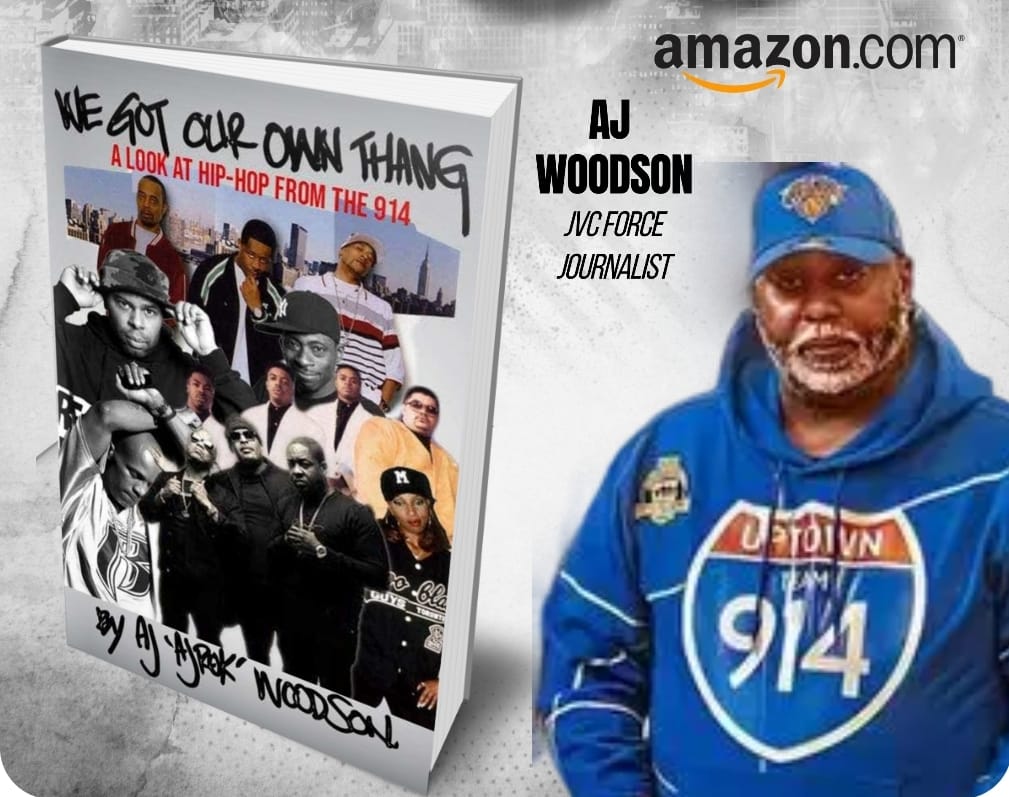As I stated in my letter to the Westchester Black Pasters, we must stand on the tenets of our faith and historical struggle and recognize the striking parallels between the oppression faced by Palestinians under Israeli occupation and the historical injustices endured by Black Americans.
Historically, the Black struggle in America and the Palestinian struggle have been deeply interconnected. The 1967 Arab-Israeli War brought the Israel-Palestine conflict to the forefront of American consciousness. Black Power and Civil Rights activists identified with Palestinians as fellow people of color fighting for freedom and justice. This sentiment resonated throughout the civil rights movement, with key figures like Malcolm X, Martin Luther King Jr., and Muhammad Ali expressing support for the Palestinian cause.
Malcolm X visited Palestinian refugee camps in the Gaza Strip in 1964. During his visit, he witnessed firsthand the plight of Palestinians who had been displaced from their homes following the establishment of the state of Israel in 1948. Malcolm X expressed solidarity with the Palestinian people and criticized Israel’s treatment of them.
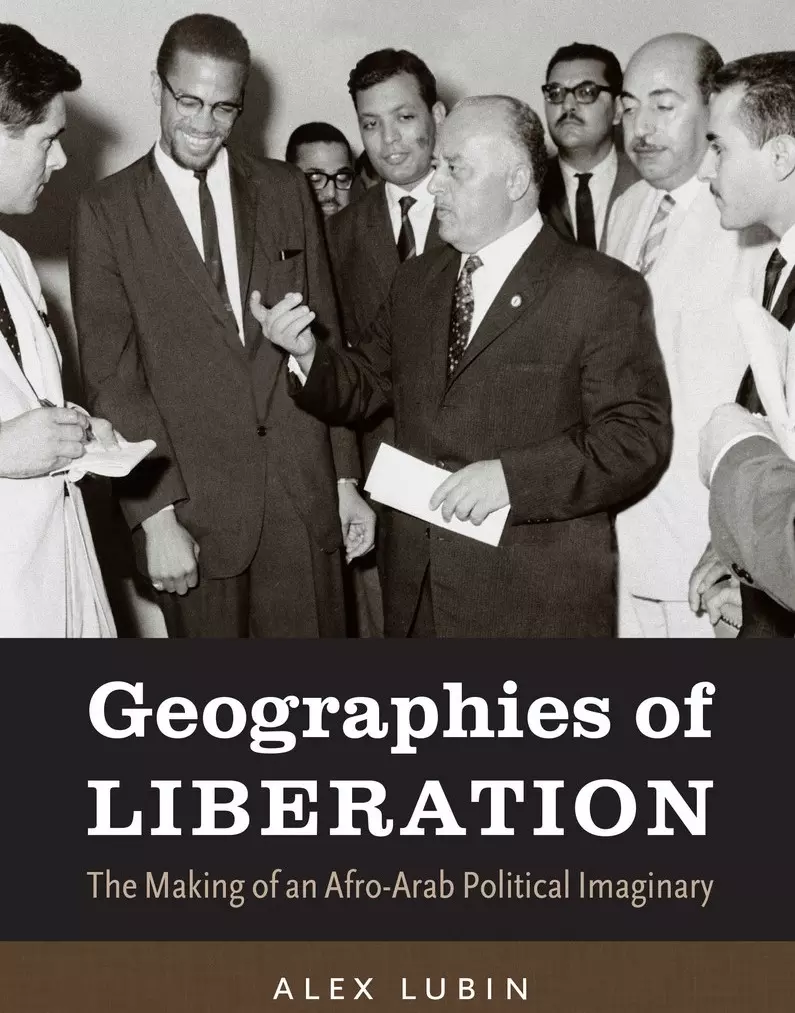
In the above image, Malcolm X is depicted alongside leaders of the Palestine Liberation Organization (PLO) in 1964. This photo graces the cover of Alex Lubin’s book “Geographies of Liberation: The Making of an Afro Arab Political Imaginary,” which delves into the connections and impacts of both Black and Palestinian liberation movements. Lubin emphasizes that the bond between these struggles transcends national and racial boundaries.
Similarly, Dr. Martin Luther King Jr., expressed concern about the ongoing conflicts in Jerusalem. In a 1967 speech, King lamented the human suffering and tragedies that resulted from the deep-seated hatred and division in the city, which has long been a focal point of religious and political tensions between Israelis and Palestinians. He emphasized the need for understanding, compassion, and a peaceful resolution to the conflict.
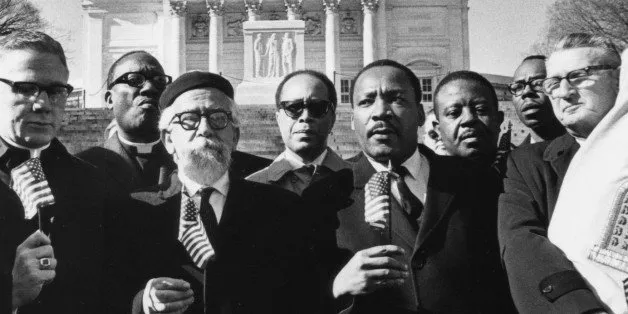
In this photograph, we see Dr. Martin Luther King Jr. alongside Rabbi Abraham Joshua Heschel. Rabbi Heschel’s poignant words during the Vietnam War resonate: “The blood of the innocent cries forever.” Today, as we witness the tragic loss of innocent lives, be it Israeli or Palestinian children, it calls for our attention, tears, and an unwavering refusal to justify their deaths.
Both Malcolm X and Dr. King recognized the parallels between the struggles of African Americans in the United States and those of Palestinians in the Middle East. They saw the fight against oppression and injustice as a universal human rights issue that transcended national and ethnic boundaries.
1968 when Stokely Carmichael, a prominent leader of the Black Power movement, spoke at the annual convention of the Organization of Arab Students (OAS). The OAS, founded in 1952, was a national group that represented the interests of Arab students studying in the United States and advocated for Arab causes, including Palestinian rights.
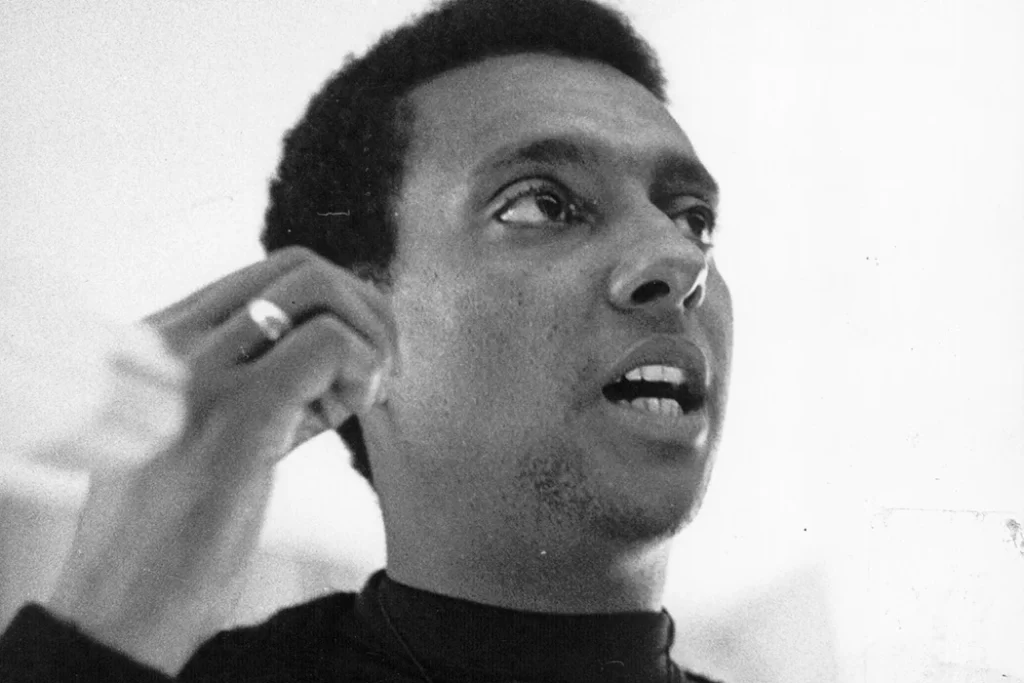
In his address, Carmichael drew parallels between the struggles of African Americans and Palestinians, arguing that both groups were fighting against oppression, racism, and colonialism. He called on African Americans to support the Palestinian revolution and to recognize their shared interests in combating injustice.
Carmichael’s speech reflected a growing sense of solidarity between Arab-Americans and Black activists in the late 1960s. Both groups saw their struggles as interconnected and believed that they could strengthen their respective movements by working together. This alliance was part of a broader trend of Third World solidarity and anti-imperialist activism that characterized the era.
One of Muhammad Ali’s lesser-known activist stances was his vocal support for the Palestinian cause. In 1974, three years after the Supreme Court overturned his conviction for refusing to be drafted into the U.S. military, Ali embarked on a tour of the Middle East. During a stop in Beirut, Lebanon, he made a controversial statement, asserting that the “United States is the stronghold of Zionism and imperialism.”
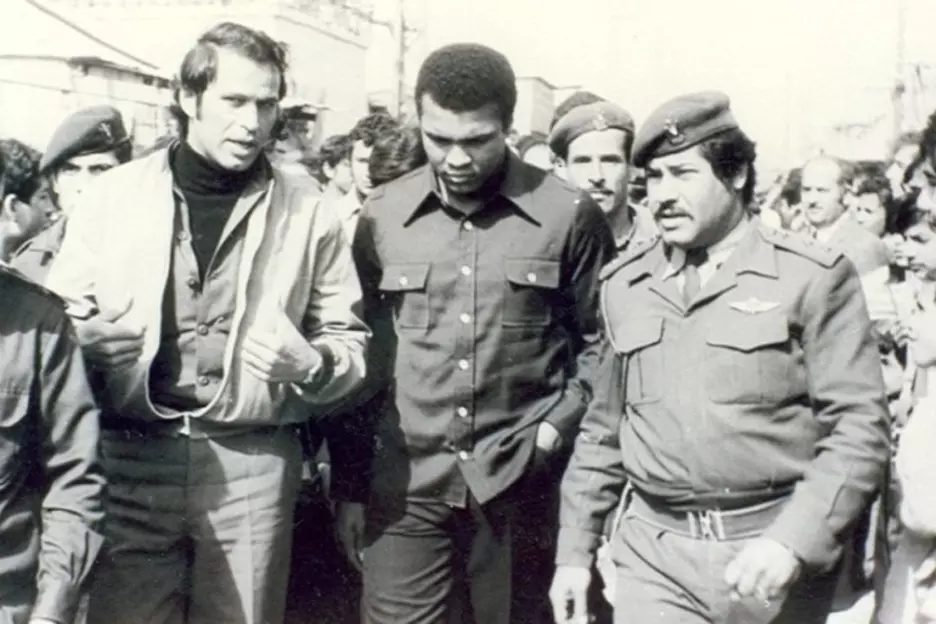
In this photo from 1974, Ali is seen visiting a Palestinian refugee camp in southern Lebanon. The renowned boxer, who embraced Islam in 1964, openly opposed US imperialism and strongly supported the Palestinian cause for liberation.

An incredible image of Muhammad Ali attending a Palestinian protest march in Chicago, 29 January 1988. A reminder that this fight is not new.
The 1979 resignation of Andrew Young, a former civil rights leader and U.N. Ambassador, after a clandestine meeting with a PLO representative highlighted declining Black-Jewish relations and brought a more pro-Palestinian perspective into national discourse. Reverend Jesse Jackson subsequently led a delegation to the Middle East, meeting with Israeli officials and PLO representatives, including Yasser Arafat. Jackson emphasized the parallels between the Palestinian and African-American struggles.
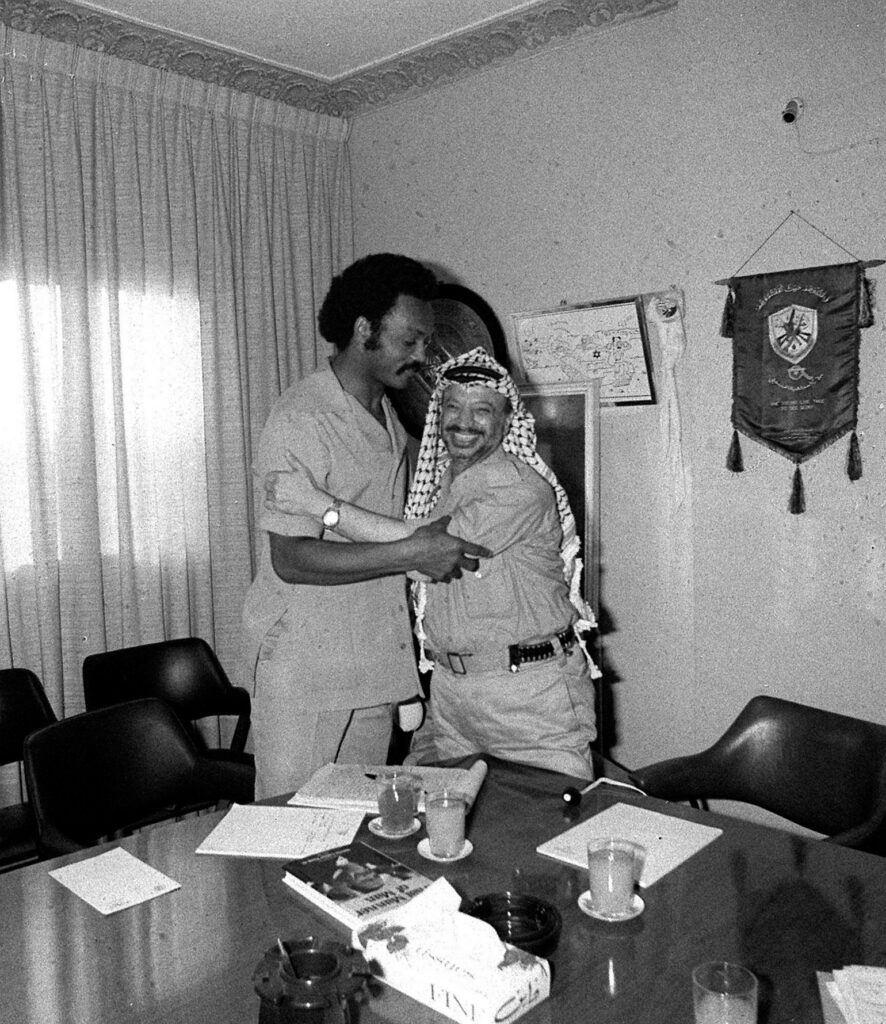
In July 1980, the Black Panther Newsletter featured a striking cover photo depicting a meeting between Huey P. Newton, co-founder of the Black Panther Party (BPP), and Yasser Arafat, the chairman of the Palestine Liberation Organization (PLO). The meeting took place in Lebanon earlier that year, highlighting the long-standing solidarity and connection between the two revolutionary organizations.
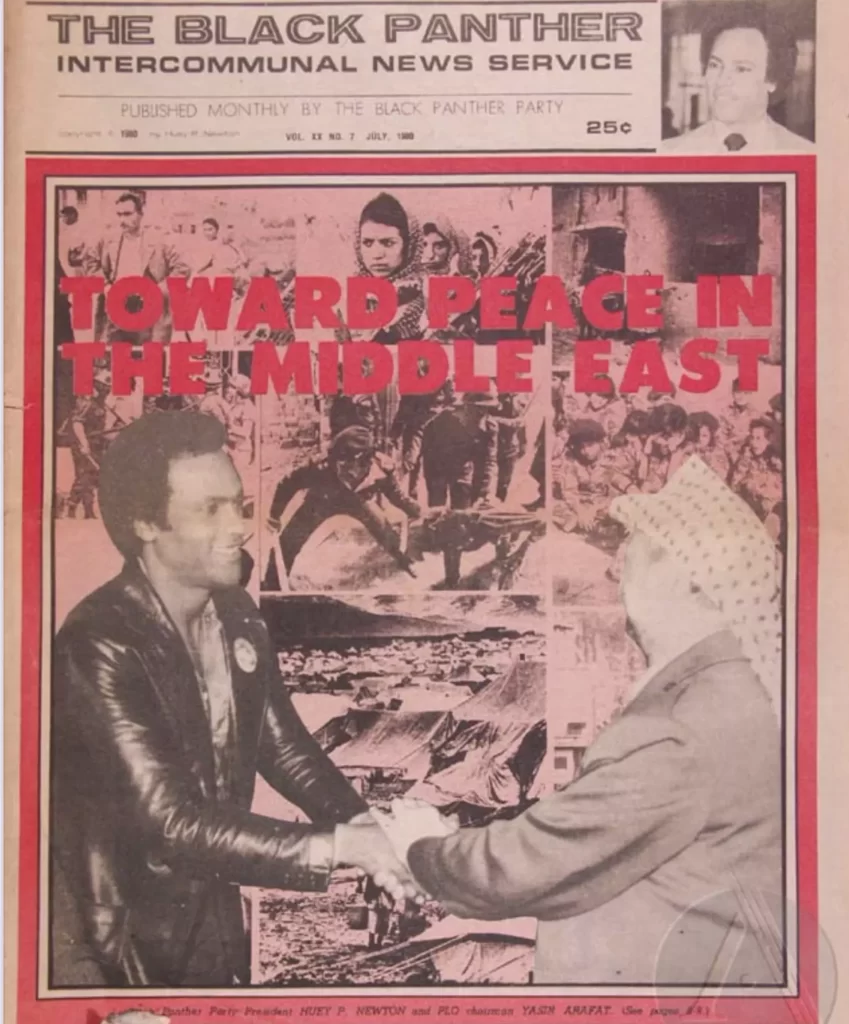
The Black Panther Party had established contact with the PLO as early as 1969. The PLO, formed in 1964, was the main Palestinian political and militant organization fighting for the liberation of Palestine from Israeli occupation.
Despite their geographical and cultural differences, the BPP and PLO found common ground in their struggles against oppression, racism, and imperialism. They saw their respective fights as part of a larger global movement for liberation and self-determination.
Both Palestinians and Black Americans have endured parallel forms of oppression, ranging from systemic discrimination and oppression to police brutality. Legalized discrimination has penetrated every facet of life, perpetuated by practices such as segregation, political suppression, and economic inequality. These injustices are fueled by negative stereotypes and dehumanization, serving to perpetuate and reinforce systems of white supremacy and oppression.
It is a gross injustice that billions of U.S. tax dollars, a significant portion coming from Black Americans, are funneled each year to support Israel’s oppression of Palestinians – a system built on white supremacy and racial discrimination. This misuse of funds is made all the more egregious by our own government’s steadfast refusal to provide long-overdue reparations for the immense harms inflicted on Black communities by centuries of slavery, Jim Crow segregation, and systematic racist policies. While our tax money enables Israel’s oppression abroad, here at home, Black neighborhoods across the nation remain plagued by underfunded schools, crumbling infrastructure, and rampant homelessness – urgent issues our government claims it lacks the resources to address.
This glaring hypocrisy lays bare the warped priorities of those in power. It highlights the necessity of Black Americans standing in solidarity with Palestinians in the shared struggle against state-sanctioned racism, discrimination, and injustice. It is a moral imperative that we demand an end to the use of our tax dollars to fund oppression overseas and instead insist those resources be invested in repairing and uplifting long-neglected Black communities at home.
As Black American Christians, we must recognize and acknowledge that Jesus himself was a Palestinian Jew. This fact alone should compel us to seriously question the morality and integrity of any elected officials who actively support or enable Israel’s oppression of the Palestinian people. If we truly believe in Christ’s teachings, our faith demands that we take a bold stand against these policies and actions that blatantly violate our religious convictions’ core tenets.
To remain silent or passive in the face of such injustice is complicit in it. We must find the courage to actively push back against the oppression of Palestinians, making it clear that our faith will not allow us to tolerate or support such blatant violations of human rights and dignity. If we fail to do so, we risk becoming hypocrites who profess one set of values but fail to live by them when it matters most.
Our integrity as Christians necessitates that we speak out and take action to oppose Israel’s oppression, as remaining quiet is a betrayal of the very principles Jesus stood for. It is not enough to believe; we must have the conviction to fight for justice, even when it is difficult or unpopular. That is the actual test and calling of our faith.
It is time for us to stand in solidarity with Palestinians, recognizing that our struggles for liberation are intertwined. We must challenge a system that perpetuates oppression at home and abroad, working towards justice, equality, and self-determination for all oppressed peoples.
As descendants of the Black struggle in America, we are called to stand against injustice wherever it occurs. It is time for us to take concrete action to challenge Israel’s oppression of Palestinians and demand change from our elected officials.
Here are steps we can take to make our voices heard:
1. Write letters to your representatives in Congress, expressing your concern about Israel’s human rights abuses and the use of U.S. tax dollars to support them. Demand that they take a stand against Israel’s oppressive policies and push for conditioning aid on respecting Palestinian rights.
2. Make phone calls to your senators and representatives, insisting that they speak out publicly against Israel’s discriminatory practices and vote against unconditional military aid to Israel. Let them know that as constituents and people of faith, you expect them to uphold principles of equality and justice.
3. Have open, honest conversations with your family, friends, and fellow church members about the realities of Israel’s white supremacy and the oppression of Palestinians. Share facts, testimonies, and resources to educate others and build understanding about why this issue matters to our community.
4. Utilize social media to amplify Palestinian voices, share messages of solidarity, and call attention to Israel’s human rights violations. Use hashtags, participate in Twitter storms, and post articles and videos that raise awareness about the Palestinian struggle for freedom and dignity.
5. Join or support organizations working for Palestinian rights and fighting anti-Black racism, recognizing that our liberations are bound together. Attend events, webinars, and protests to show up for Palestinians the way we want others to show up for us.
As we take these actions, remember our ancestors’ courage and conviction, who fought tirelessly for civil rights, even in the face of brutal opposition. Let us channel their spirit of resistance and resilience as we work to dismantle systems of oppression from the U.S. to Palestine/Israel.
By questioning our government’s support for Israel’s oppression, demanding reparations for historical and ongoing anti-Black racism, and standing in solidarity with Palestinians, we honor our sacred calling to create a world where every human being is treated with the dignity, respect, and love exemplified by Jesus. This is the path to true justice and collective liberation.
In conclusion, as Black Americans who are descendants of the long struggle for justice and equality, we have a moral obligation to stand against oppression in all its forms, including Israel’s systematic white supremacist discrimination against Palestinians. Our own experiences with white supremacy, racism, segregation, and violence demand that we speak out against the subjugation of others.
It is time for us to move beyond mere words and take concrete action. We must flood our elected officials with letters and calls demanding an end to unconditional U.S. support for Israel’s oppressive policies. We must have difficult but necessary conversations with our loved ones and communities about the parallels between Israel’s treatment of Palestinians and white supremacy. We must amplify Palestinian voices and stories on social media and support organizations working tirelessly for justice and equality from the U.S. to Palestine/Israel.
As we engage in this work, let us draw strength and inspiration from our ancestors who fought tirelessly for civil rights in the face of adversity. Let us honor their legacy by channeling their spirit of resistance and resilience in our efforts to dismantle all systems of oppression.
By advocating for Palestinians, demanding reparations for the harms inflicted on Black communities, and working towards a world where every human being is treated with dignity and respect, we live out the very principles Jesus embodied. This is the path to true justice, healing, and collective liberation. As Rev. Dr. Martin Luther King Jr. once said, “Injustice anywhere is a threat to justice everywhere.”
Let us heed this call and commit ourselves to the hard but necessary work of building a world where all people, from the streets of Ferguson to the villages of Palestine, can live freely and thrive. This is our sacred duty as Black Americans, people of faith, and human beings. The time to act is now.

